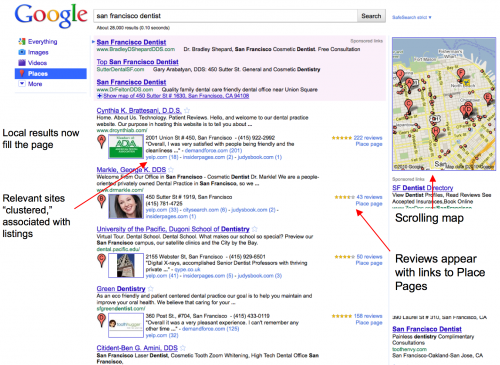It kills me when someone pays a bunch of bucks for a website and winds up with something that’s a dud when it comes to marketing. Reminds me of this vintage (1984!) Wendy’s commercial…
Just got off the phone with a gentleman who’s not real thrilled with his current website. I’m not going to embarrass this particular business man by referencing his site publicly. Let’s just say that, if what he told me on the phone is true, I’m personally very excited about what his product can do. And I truly believe millions of other people would be too.
But does his site convey any of that excitement? Does it say, it big bold letters, so I can’t miss it, what that product will do for me? Heck, can I even tell what the product IS? Nope. Instead of a headline, there’s a “Welcome to our website” banner that does absolutely nothing for me.
The site is beautifully laid out. I’ll bet the owner (and the designer) are so proud of it. And I have a pretty good idea of what the designer charged (more than $10K) for it, because I know what he charged for another site.
But where’s the benefit?

